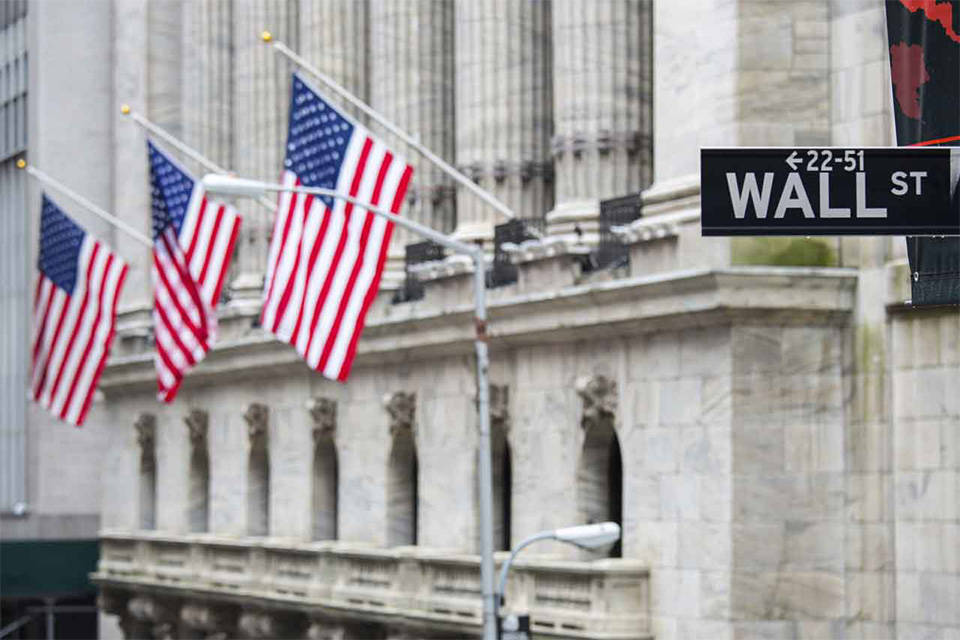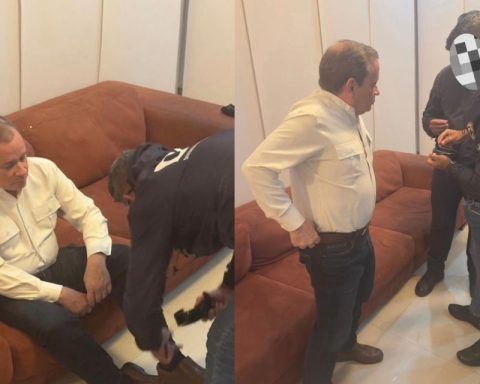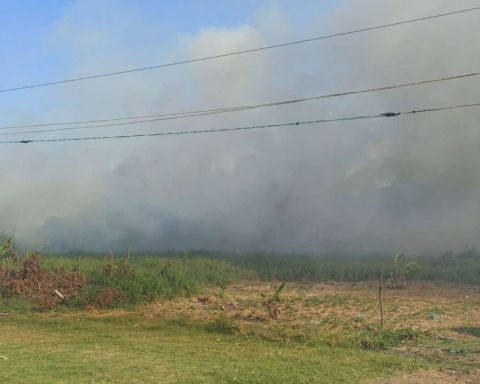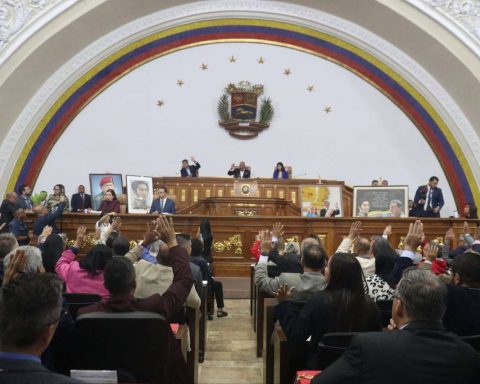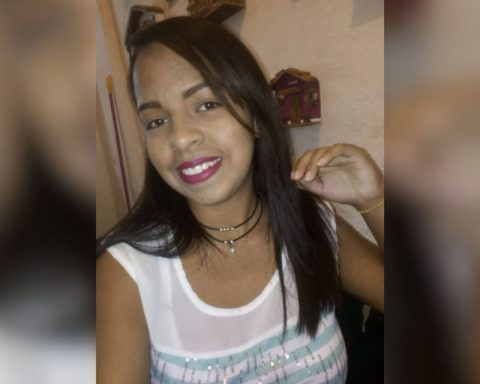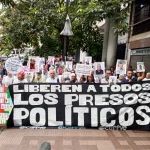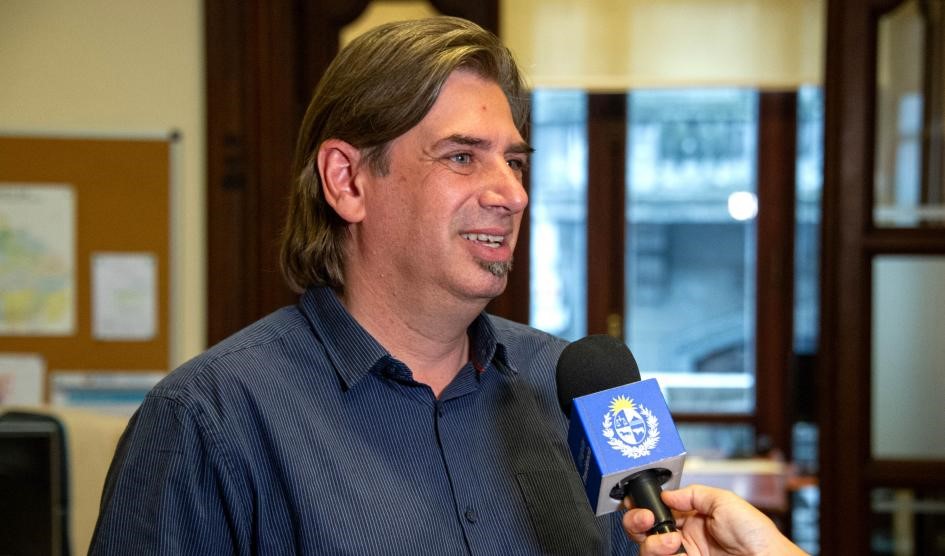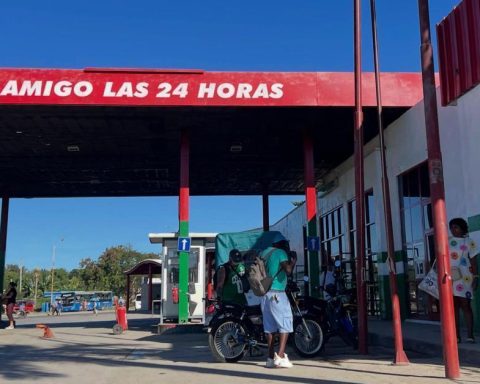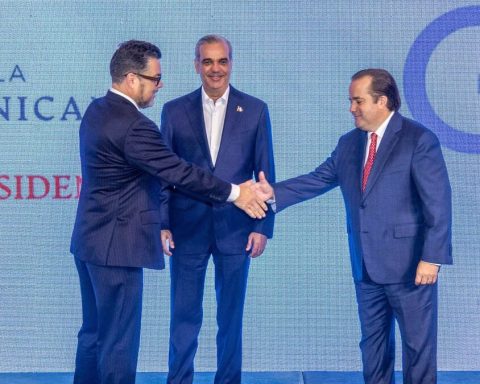The situation of Venezuelan debt bond creditors adds to the fallout from the ouster of Juan Guaidó as interim president, who was backed by Washington and other Western governments in 2019 and given control of government assets in foreign countries.
A power vacuum in Venezuela’s leadership has left holders of Venezuelan debt bonds with no one to negotiate the country’s $60 billion in defaulted debt, a lawyer who advises the agency’s largest group of creditors told the agency. Bloomberg.
Investors holding Venezuelan government and state oil company bonds are open to negotiating a statute of limitations waiver agreement on the securities. This would give the parties time to work on a restructuring, said Richard Cooper, an attorney with Cleary Gottlieb Steen & Hamilton LLP.
The firm represents Venezuela’s Committee of Creditors, a group of mostly institutional investors that have held more than $10 billion of debt.
However, creditors have no government with which to negotiate after opposition lawmakers ousted Juan Guaidó as interim president last December. Washington also does not recognize President Nicolás Maduro, having cut ties in 2019.
“A toll agreement is difficult because of the end of the interim government and the lack of clarity about who is the recognized government,” Cooper said during an event on Venezuela’s debt organized by the Americas Society/Council of the Americas in New York.
Any attempt at eventual restructuring would face a rocky road: Bonds are in deep trouble, trading below 11 cents on the dollar. And US traders are currently barred by sanctions from buying the debt, recalled the news agency.
The creditor plight adds to the fallout from the ouster of Guaidó, who was backed by Washington and other Western governments in 2019 and given control of government assets in foreign countries. Last week, the State Department took custody of the Venezuelan embassy and diplomatic residences in Washington and New York, saying foreign diplomats must be appointed by a president.
For creditors, At stake is the future of one of the world’s largest piles of bad debt. The government and state oil company PDVSA defaulted on roughly $60 billion in bonds in 2017. Since then, billions more in interest have accumulated.
As the sixth anniversary of the default approaches in October, investors prepare to sue in US courts before the statute of limitations expires, which would deprive them of their ability to enforce payment of the obligations.
A stay agreement would push that deadline back, which Cooper said would “essentially prevent waste” from costly lawsuits.
Maduro has repeatedly said that his administration is open to negotiations with creditors. Vice President Delcy Rodríguez has offered to waive the statute of limitations on almost all Venezuelan bonds in 2020.
The offer failed to gain ground because Maduro was not recognized and the United States imposed economic sanctions against Venezuela.
“It is very difficult to have an agreement in which there is no clarity about legal representation,” said David Syed, a lawyer at Denton’s Europe LLP, which advises the Venezuelan Finance Ministry and PDVSA. Syed said he did not appear at Wednesday’s conference on behalf of the government.
“I think the will is still there if we have the proper discussion,” Syed said of the toll deal.
Venezuela’s government did not immediately return messages seeking comment.
Cooper said that even if a payment agreement is finally reached, any debt negotiations will be a lengthy process. “There is no script for the eventual restructuring of Venezuela,” he said. “This is going to be really tricky if and when it happens.”
*Read also: European fund launched to group bondholders from Venezuela and PDVSA
Post Views: 793
